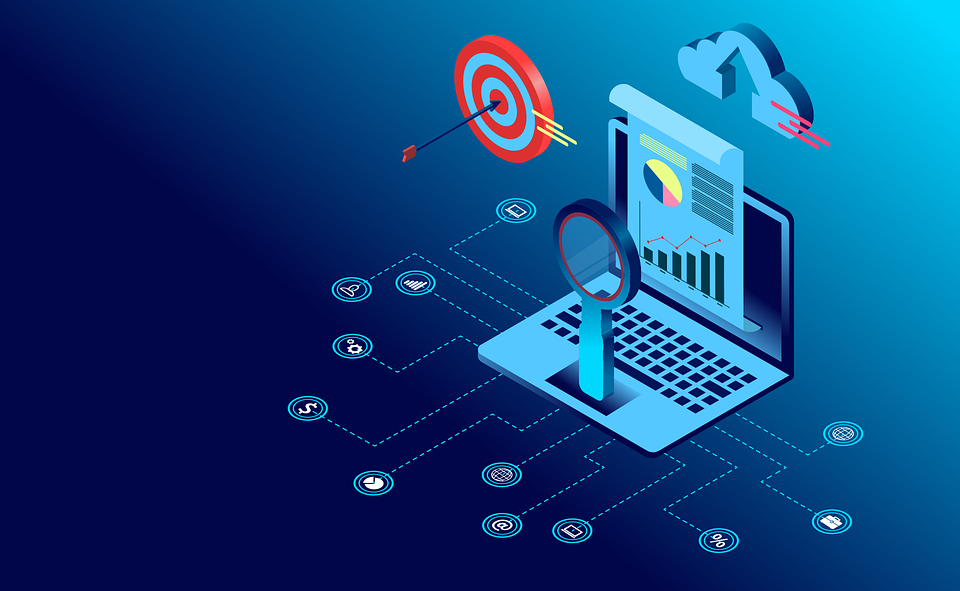Technology in the Workplace: Blessing or Curse?

Technology plays a central role in how we communicate, collaborate, and carry out our daily tasks. From email and instant messaging to project management software and video conferencing tools, technology has revolutionised the way we work. Technology brings many benefits. However, the widespread adoption of technology in the workplace has sparked debate about whether it’s a blessing or a curse. Let’s explore both sides of the argument.
The Blessings of Technology in the Workplace
- Increased Efficiency: One of the most significant benefits of technology in the workplace is increased efficiency. Automation tools, such as workflow software and task management systems, streamline repetitive tasks and free up time for employees to focus on more complex and strategic work.
- Improved Communication: Technology enables instant communication and collaboration among team members, regardless of their physical location. Email, instant messaging, and video conferencing tools allow teams to stay connected in real-time, facilitating faster decision-making and problem-solving.
- Enhanced Productivity: With access to a wide range of productivity tools and software applications, employees can work more efficiently and effectively. From time-tracking apps to project management platforms, technology empowers employees to manage their workload, meet deadlines, and deliver high-quality work.
- Flexibility and Remote Work: Technology enables remote work by providing employees with the tools and infrastructure they need to work from anywhere. Remote work offers flexibility and autonomy, allowing employees to achieve a better work-life balance and reduce commuting stress. You can utilize software to monitor employee activities. For example, Controlio is a reliable employee monitoring and productivity tracking software.
The Curses of Technology in the Workplace
- Information Overload: The constant barrage of emails, notifications, and messages can lead to information overload and cognitive overwhelm. Employees may struggle to prioritize tasks and stay focused amidst the distractions, resulting in decreased productivity and burnout.
- Digital Distractions: The ubiquity of smartphones and other digital devices can be a double-edged sword in the workplace. While technology facilitates communication and collaboration, it also presents numerous distractions, such as social media, online shopping, and entertainment websites, that can detract from work focus and productivity.
- Cybersecurity Risks: With the increasing reliance on technology, businesses face growing cybersecurity threats, such as data breaches, malware attacks, and phishing scams. Poorly secured networks and devices can jeopardize sensitive information and compromise the integrity of business operations.
- Technological Dependence: Over-reliance on technology can diminish employees’ critical thinking skills and problem-solving abilities. When faced with technical glitches or system failures, employees may struggle to adapt and find alternative solutions, leading to delays and disruptions in workflow.
Finding Balance: Leveraging Technology Wisely
While technology offers numerous benefits in the workplace, it’s essential to use it mindfully and strike a balance between efficiency and well-being. Employers can promote healthy technology usage by providing training on digital literacy and time management, encouraging regular breaks and offline time, and fostering a culture of open communication and collaboration.
Technology in the workplace can be both a blessing and a curse, depending on how it’s used. By leveraging technology wisely and mindfully, businesses can harness its benefits to enhance productivity, communication, and flexibility while mitigating its potential downsides. Ultimately, finding the right balance between technology and human-centric practices is key to creating a thriving and sustainable workplace environment.


